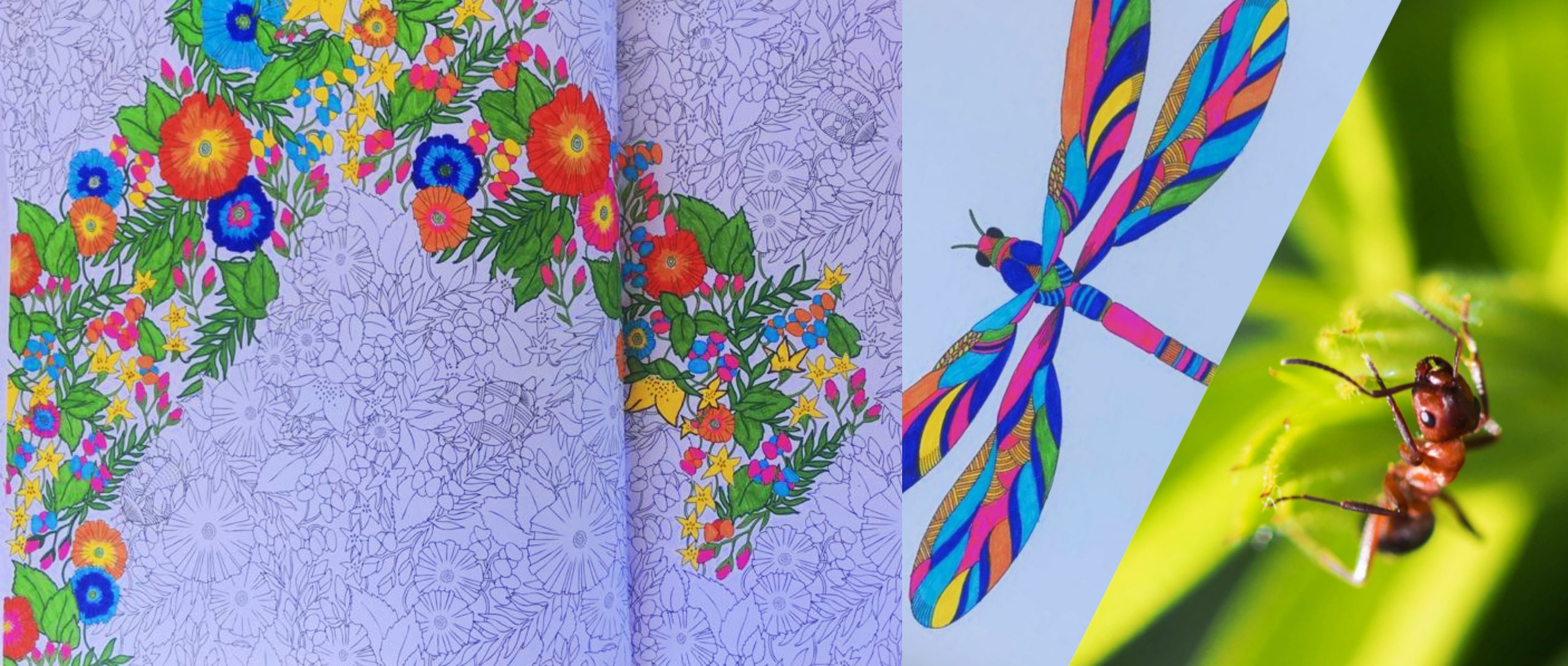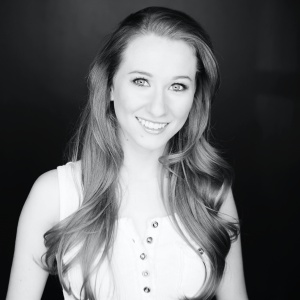I’ve Got the Time
I had just been complaining that I never have enough time to do shrooms.
On March 12th, 2020, I sat among the familiar row of chairs outside the closed doors of another audition room. Running my monologue and doing my tongue twisters I couldn’t help but be distracted by the symphony of phone chimes from my and my fellow artists’ purses. At first, I ignored it, continuing on with my “ma me mo moo’s,” but anxiety got the best of me and I opened my emails. There, among the platitudes of commiseration, were the words, “Unfortunately, due to COVID-19…” I am all too familiar with emails that start with “Unfortunately…” and I instinctively closed each one without reading to the end.
Within ten minutes, I had lost all four of my jobs. I work as a supply teacher for the Toronto District School Board, as a judge for national dance competitions, as a musical theatre performer, and as a princess for children’s birthday parties. Up until that moment I thought I had a pretty diverse portfolio of careers, but one common thread went overlooked: they all required an audience. Go figure.
I was called into the room and was gently asked about the stunned look on my face and I revealed that I had received a lot of bad news in a very short period of time. They asked me if I needed a minute, and I decided that no, a minute would not suffice. So, I walked to the taped mark on the floor, spun around 180 degrees, and launched into an enthusiastic character monologue (which they did not like) and performed into the abyss for 1 very long minute. I was given a re-direct and went on to perform it in the exact same way for about 20 more seconds before they thanked me and I left, using my elbows to open the door. I did not get that job, and the entire InspiraTO festival was cancelled a week later.
Well there I was, given all the shroom time in the world and I immediately didn’t want it. The cancelled jobs did not compute as a vacation in my mind. I called my partner in a panic and said, “I just lost $4000, can you buy dinner? For the rest of this month?” When I got home, I transferred a good chunk of money from my TFSA to my chequing, took some deep breaths and thought, three weeks, I can do this. I’ll write a book.
It became pretty evident immediately that three weeks wasn’t going to cut it and the whole world was falling apart. The tone of this pandemic went from “Shakespeare wrote King Lear during the plague” to “I cried in my cereal this morning” real fast. Every artist I know shut down, unable to decide on a next move. Whatever optimism we could have feigned mid-March was slowly being taken from us as our worlds shrank to the size of our studio apartments.
Completely paralyzed by my forced, indefinite vacation, unable to create, think, move, or even read, I pulled out an old adult colouring book and meticulously filled in the fine lines of a large dragonfly for the better part of 45 days. The pandemic had stripped me of everything I was. When I lost my creative spirit, I lost the part of myself that gave me purpose. Who am I without my work? My art? I thought. If I’m not doing anything, then how can I be anything? What I do is who I am. And now I am nothing.
At about that time, the COVID dreams started. Friends, family and strangers all reported having detailed and vivid dreams about the most mundane activities from our old lives: finding a coin on the sidewalk, trying on a pair of shoes at the store. The world we lived in wasn’t interesting enough anymore, so our unconscious’ started making it up for us.
We need stimulation to feel, to create, to be motivated. I need to be pushed by my reality, and by others, in order to make things, and to contribute to the world. But as hard as I tried, I couldn’t even get out of bed. I had nothing in me left to give, and my world was reduced to short trips to the bathroom, the daily news updates stripping us of our freedoms one by one, and that stupid dragonfly.
Some people began to adjust, and art started showing up on my social media feeds. Paintings, pictures, short poems. I started doing yoga for an hour once a week, live from someone’s living room, and cried through its entirety. There was something very moving about everyone being alone, together, stretching in pain and in gratitude. I cut every video off before “Namaste” because I couldn’t bring myself to mean it.
By this time, I was so overwhelmingly sad that my girlfriend was ordering cinnamon buns to my door every other day to cheer me up. I only put on make-up to go grocery shopping so that others would know I was healthy. As I passed all the closed businesses on my street, I read each hand-written note of concern and hope taped to their locked doors. We will see them again soon.
I became furiously jealous of all the increasingly productive people and wished they would all go back to bed. I was angry that I was being paid to stay home and do whatever I wanted, on whatever schedule I chose, and yet, I couldn’t. Why am I being tortured with the very thing I’ve been asking for my whole artistic career? Time and money. This is my own personal circle of hell; I have everything I’ve always wanted and I now I don’t want it. I don’t even like some of my jobs that much, so I don’t even logically know what I’m so upset about, but the depth of my depression is strong and unrelenting.
Then this idea began circling, that the world was not going to be going back to normal when this was all over, and I was not ready to hear it. I liked the world the way it was. Far from perfect, it was the devil I knew, and how dare you try to take it from me. I was scared and in denial, trying to grasp at memories of pre-COVID life and shoving them into my view of the future. I will not abandon the world I know for this.
One day, my brother and his girlfriend asked me if I wanted to go for a bike ride, (something we’ve never done). After a long pause, I found myself relenting, “Why not? What else am I doing? I have the time.”
On our bike ride I noticed couples, individuals, families, all sitting out on blankets enjoying small plots of green space that would typically have gone completely unnoticed by most. With nothing else to do, here we all were enjoying a cool spring breeze and a small patch of uncut grass. When we got back to my mom’s backyard, the four of us watched a colony of ants transport a small piece of potato chip across the patio, into their nest, for an hour and a half. We had the time.
A day later, I awoke at 2pm to a trio of friends, standing in a semi-circle, singing happy birthday to a woman standing on her balcony. In the distance I could hear a young boy shouting to a friend across the street, “My mom cut my hair!” To my left were two strangers who stopped to chat while passing each other with their dogs. Starved for social attention, I’m sure, they chatted about the most mundane things. Why not? They had the time.
At some point, around day 55, I got up and put on a different pair of sweatpants. I patted myself on the back for the accomplishment. I then forced myself to practice a few more acts of kindness. I said to myself, “It’s okay to do nothing. This is trauma. Something I can’t qualify has been taken from me and I am lost, but it’s okay because I will come back. I always do.” I made some modest goals, including trying to get in 10 minutes of exercise a day, text one friend to check in, and, most importantly, allow myself to be honest about feeling like shit.
For me, this was a turning point in my recovery of self. Every single expression of my struggling to others was met with love, understanding, and an offer of support. I turned down several online job opportunities to protect my mental health, and each person responded with care and messages of hope. Not a single person judged me or probed to find out exactly why I couldn’t participate. For the first time in my entire life, I said “thank you but no”, guilt free.
Not being able to do something does not reduce my value as an artist, as a person. I will have another chance. I will be forgiven for not being able. Maybe, I don’t need to be forgiven at all.
Shortly after, I had a five-hour burst of creative energy and I wrote my Fringe Collective 2020 piece: a rewrite of an old play that now lives (in its best iteration) as a short story called The Suicide Key. Mental health has always been an important topic to me, but I have been carefully closeted about exposing myself as someone who struggles. I had never in my life been able to “call in mentally ill” and receive warm understanding from the person on the other end of the line. I always thought I had to cry when I made the call so that they would know I was serious, that I wasn’t making it up, that it was an emergency. I thought if I apologized profusely and explained in great detail that this wasn’t me and I’m not normally like this, that I would be pardoned, just this once, contingent on future good behaviour. It turns out, all I have to say is, “I can’t today, I am not well.” Period. What a goddamn revelation.
To say that things have completely turned around for me would be a gross exaggeration of my abilities right now, but I have put away the colouring book, opened a few windows, and noticed that the sky is looking rather blue these days. I don’t know if it’s the lack of exhaust pollution from all the people working at home, or if it’s just my perception as we all emerge changed, with a more crisply defined view of the world we now live in, but I’m starting to think that maybe it’s ok if things never go back to the way they were before. Maybe I feel… lucky to have the opportunity to contribute to what the world will look like when we emerge from isolation. I can do something. In fact, I can do anything I want.
I’ve got the time.
Pitchin’ in Productions’ short story The Suicide Key, written by Laura Piccinin, is available as part of Act One (1-3 July) of the 2020 Fringe Collective. For more information, tickets, and access, click here.









Comments